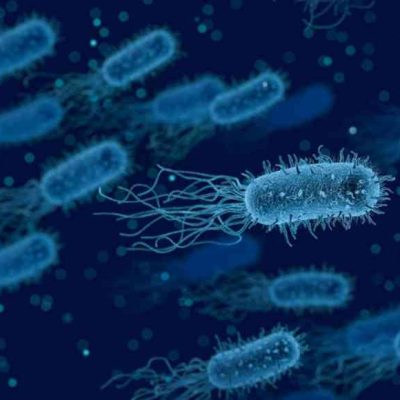Science Shop
Advertisement
Nanochip reprograms living tissue
- By Geert Devenster
- . June 11, 2021
A new nanochip has been developed that can reprogram tissue functions in the living body by transmitting specific genes through electrical impulses in a matter

Impressive Immune System of Canaries
- By Rolf Lewis
- . June 11, 2021
Kanary birds are one of the oldest domesticated birds, known for their vibrant colors and beautiful singing. However, recent research has revealed that these seemingly

Brain Shows Obesity Risk
- By Geert Devenster
- . June 10, 2021
A recent study conducted by researchers at the University of Turku in Finland has found that disruptions in brain regions that control appetite and satiety

First fossil of nesting dinosaur found.
- By Rolf Lewis
- . June 10, 2021
A groundbreaking discovery in China has revealed that dinosaurs incubated their eggs in a manner similar to modern-day birds. Palaeontologists have long known that most

Do mRNA Vaccines Affect Male Fertility?
- By Geert Devenster
- . June 8, 2021
A recent study conducted by scientists at the University of Miami has found that mRNA Covid-19 vaccines do not negatively impact male fertility. Concerns have

Bacteria Develop Record Resistance to Combination Drugs
- By Geert Devenster
- . June 8, 2021
A new combination of antimicrobial substances, designed to combat bacteria classified as particularly dangerous by the World Health Organization (WHO), has already developed resistance against

Researchers call for higher CO2 tax
- By Geert Devenster
- . June 8, 2021
Scientists, managers, and politicians have jointly called for a significant increase in the CO2 price to limit climate change. According to a study by the

Gaming improves numerical skills.
- By Geert Devenster
- . June 8, 2021
Regular computer gaming improves numerical sense, according to a study by scientists at the Hertie Institute for Clinical Brain Research in Tübingen, Germany. The researchers

Pupil Size Indicates Human Intelligence
- By Geert Devenster
- . June 8, 2021
The eye has always been a fascinating topic for poets, lyricists, and scientists alike. It is often referred to as the window to the soul,

Revival of Microorganisms After 24,000 Years
- By Rolf Lewis
- . June 8, 2021
In a groundbreaking discovery, scientists have found a multi-cellular microorganism that has survived for 24,000 years in the Siberian permafrost. The organism, a type of









